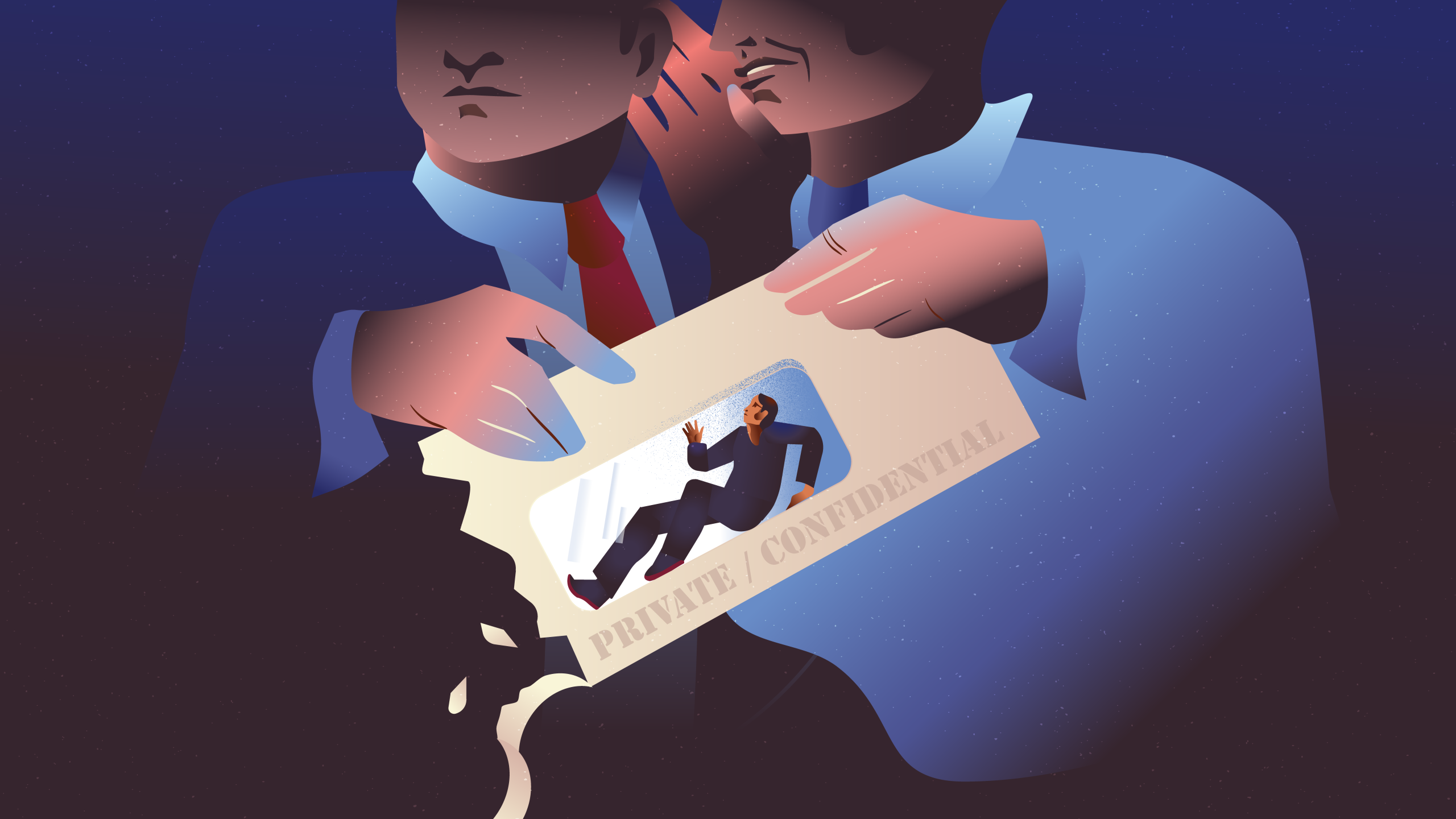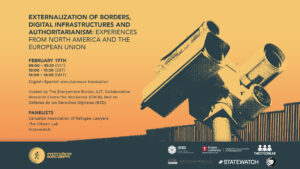Ron Deibert’s op-ed on Access My Info
Citizen Lab Director Professor Ronald J. Deibert authored an op-ed published on CBC News website on the newly revamped Access My Info tool. The tool allows Canadians to exercise their right to information about the data that technology companies store about them. The tool was jointly created by Citizen Lab and Open Effect, a non-profit that researches privacy and security issues. Access My Info also more recently expanded to Hong Kong.
In his piece, entitled “Clicking ‘I accept’ doesn’t mean you surrender right to know how a company uses your data,” Deibert outlines the need for tools like Access My Info to raise awareness of how consumer data are being used by companies and governments. He notes that most people are prone to simply accepting complicated terms of service associated with apps and other technology, without examining their content.
He writes: “The chances are pretty good that years ago, months ago, weeks ago or even today, most of them probably just clicked “I agree” rather than read the confusing fine print of the terms of service for those apps.
But have you ever thought about what companies do with that data once you share it with them? Do you ever wonder if they track your location, or your social networks or something else? Do they hand it over to other companies? To the government? If so, under what conditions? If any of those thoughts have ever crossed your mind — and there are good reasons why they should — there’s a new, easy-to-use tool to help you get some answers.”
Studies have shown that users are casual in ceding their personal data, which, combined with companies analyzing them via algorithms, Deibert suggests, is a recipe for potential abuses. “The problem, according to research, is that algorithms like these can perpetuate racism, sexism and other forms of discrimination. The data about you that’s out there could have a tangible impact on your freedoms: your ability to get life insurance, a mortgage, a job, or even travel across borders,” he writes.
Deibert explains that Access My Info was intended to remedy this problem by simplifying the process. It seeks to motivate users to exercise more stewardship over their data and be altogether more aware about the collection of their data. Users simply provide a few details on the web tool, and it generates a custom letter that can be sent to the company in question, which has to comply or face a fine under Canadian law.
Looking to the future, Deibert explained that the project has plans to expand to additional sectors, such as transportation apps like Uber, Zipcar, and car2go, as well as new countries like South Korea, Indonesia, and Australia.
Read the full CBC piece by Ron Deibert.
Listen to the ‘Big Data’ CBC Ideas Podcast, featuring Citizen Lab Director Ron Deibert, former Ontario Privacy Commissioner Ann Cavoukian, and Magnet Forensics’ Director of Corporate Affairs Neil Desai. In part 2, titled “Big Data or Big Brother? Citizenship and Security in the Age of Big Data,” the panel considers the ways in which intelligence agencies collect data with the help of private companies, and the associated trade-offs of liberty and privacy.


